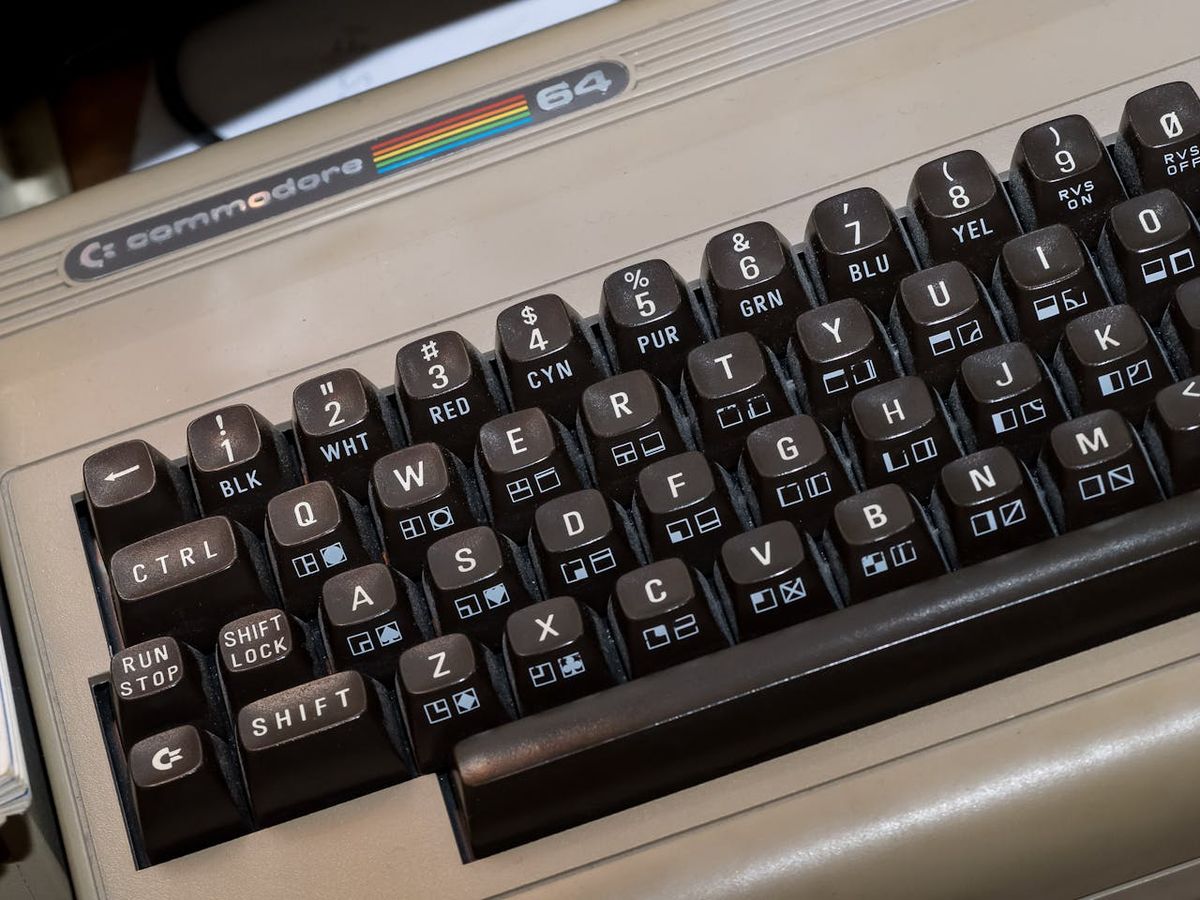Get the latest tech news
IBM and the Holocaust
: The Strategic Alliance between Nazi Germany and America's Most Powerful Corporation is a book by investigative journalist and historian Edwin Black which documents the strategic technology services rendered by US-based multinational corporation International Business Machines (IBM) and its German and other European subsidiaries for the government of Adolf Hitler from the beginning of the Third Reich through to the last day of the regime, at the end of World War II when the US and Germany were at war with each other. Published in 2001, with numerous subsequent expanded editions, Black outlined the key role of IBM's technology in The Holocaust genocide committed by the German Nazi regime, by facilitating the regime's generation and tabulation of punch cards for national census data, military logistics, ghetto statistics, train traffic management, and concentration camp capacity.[1] Summary[edit] In the early 1880s, Herman Hollerith (1860–1929), a young employee at the U.S.
Author Edwin Black Original title IBM and the Holocaust: The Strategic Alliance between Nazi Germany and America's Most Powerful Corporation CountryUnited StatesLanguageEnglishGenre Non-fiction PublisherDialog Press2001, 2002, 2008, 2012 (expanded edition with documents), and 2021 (updated 20th anniversary) ISBN9780914153283(2012) OCLC 49419235 Website Official website Published in 2001, with numerous subsequent expanded editions, Black outlined the key role of IBM's technology in The Holocaustgenocide committed by the German Nazi regime, by facilitating the regime's generation and tabulation of punch cards for national census data, military logistics, ghetto statistics, train traffic management, and concentration camp capacity. After the publication of the 2012 expanded edition, he wrote for the Huffington Post, "The punch cards, machinery, training, servicing, and special project work, such as population census and identification, was managed directly by IBM headquarters in New York, and later through its subsidiaries in Germany, known as Deutsche Hollerith-Maschinen Gesellschaft (DEHOMAG), Poland, The Netherlands, France, Switzerland, and other European countries." In a 2001 review in the Los Angeles Times, historian and UCLA professor Saul Friedlander wrote, "The author convincingly shows the relentless efforts made by IBM to maximize profit by selling its machines and its punch cards to a country whose criminal record would soon be widely recognized.
Or read this on Hacker News
